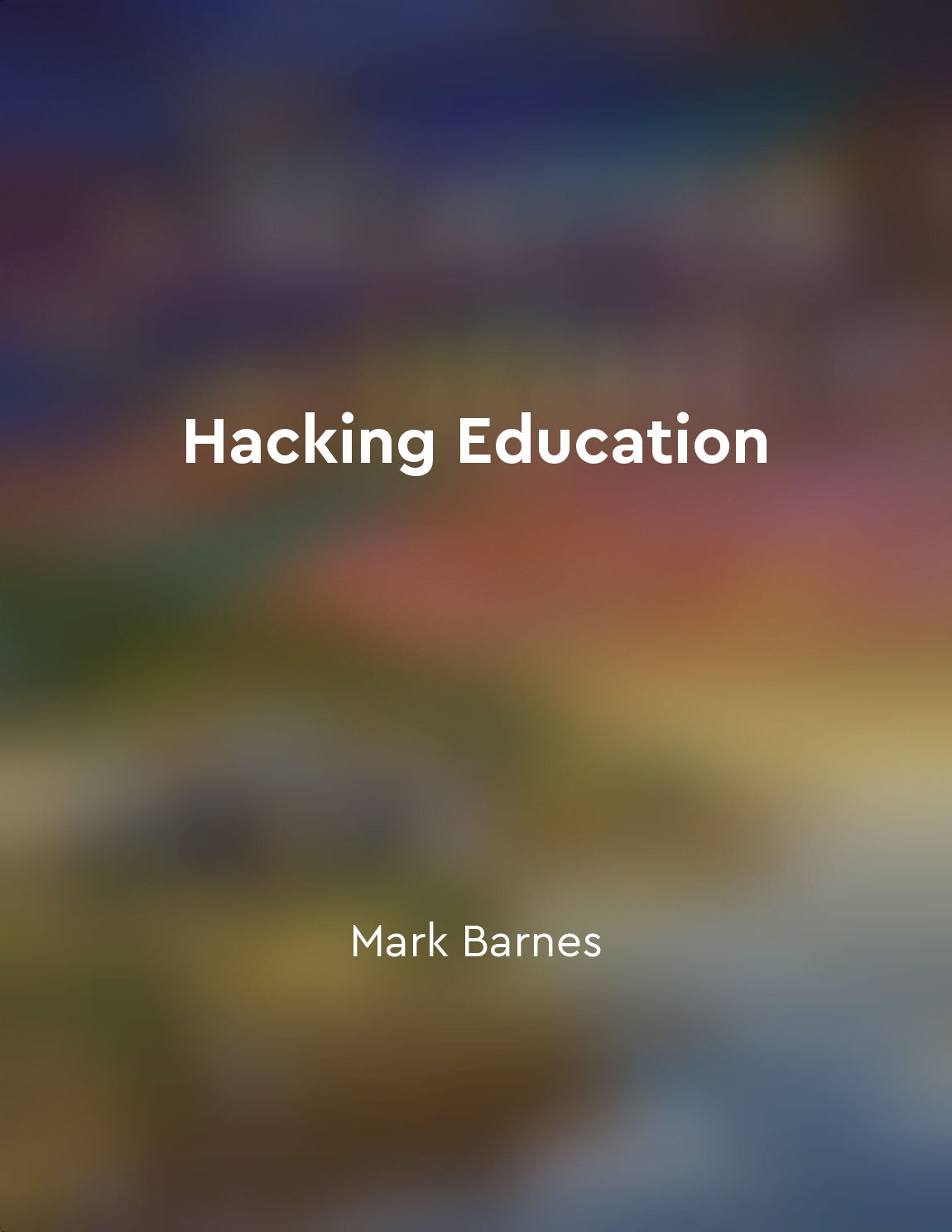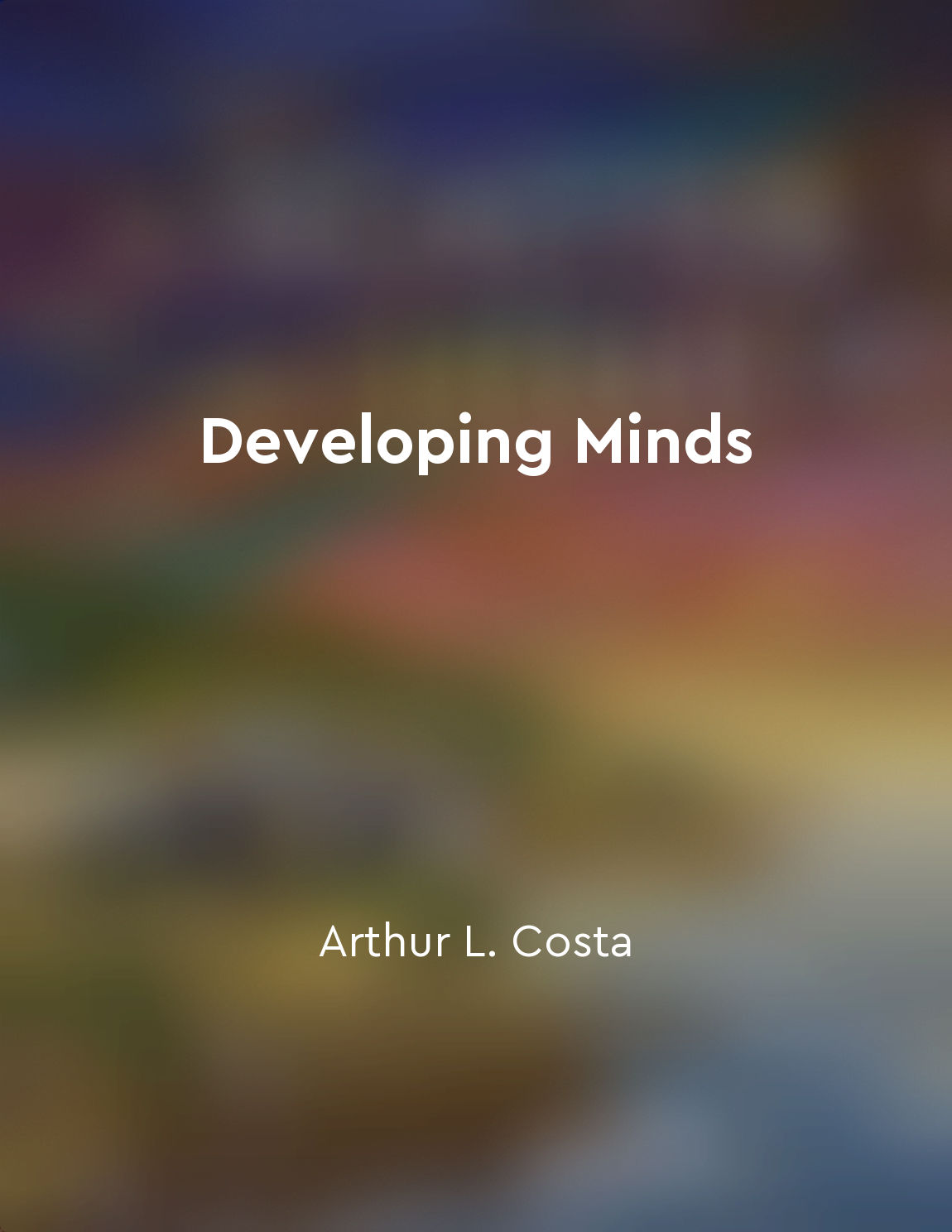Teachers must learn from students from "summary" of Pedagogy of the Oppressed by Paulo Freire
The relationship between teachers and students is often seen as one-directional, with the teacher as the sole authority figure imparting knowledge to passive students. However, this traditional model of education fails to recognize the reciprocal nature of the teaching-learning process. In reality, teachers must be willing to learn from their students in order to truly engage in meaningful dialogue and promote critical thinking. When teachers approach their students with humility and openness, they create a space for mutual learning and growth. By acknowledging the unique perspectives and experiences of each student, teachers can gain valuable insights that enrich their own understanding of the world. This process of co-learning challenges the traditional power dynamics in the classroom and empowers students to take ownership of their education. Furthermore, when teachers learn from their students, they demonstrate respect for the knowledge and wisdom that students inherently possess. This acknowledgment of students' expertise not only validates their identities but also fosters a sense of trust and collaboration in the classroom. In this way, teachers can create a more inclusive and equitable learning environment where all voices are valued. By embracing the idea that teachers must learn from students, educators can break free from the constraints of traditional pedagogy and embrace a more democratic and participatory approach to education. This shift towards a more student-centered model empowers students to become active participants in their own learning and encourages them to question, challenge, and shape their understanding of the world.- The concept of teachers learning from students is not about relinquishing authority or expertise, but rather about recognizing the reciprocal nature of the teaching-learning relationship. When teachers are willing to listen, learn, and grow alongside their students, they can create a transformative educational experience that goes beyond the transfer of knowledge to truly empower individuals to think critically and act conscientiously.
Similar Posts

Be willing to sacrifice
To truly make a difference in this world, we must be willing to make sacrifices. Sacrifice is not always easy or comfortable, b...
Reflection is an important component of the learning process
Reflection is an essential part of the learning process. When students take the time to think about what they have learned, the...

Encourage risktaking and experimentation
Encouraging risk-taking and experimentation is crucial to fostering a culture of innovation and creativity in education. When s...

Developing minds should be encouraged to embrace diversity
In our ever-evolving world, it is crucial to instill in young minds the value of embracing diversity. Encouraging developing mi...
Celebrating student successes and achievements
One crucial aspect of fostering a positive learning environment is recognizing and acknowledging the accomplishments of our stu...
Education is more effective when students actively participate in their learning
The idea that students learn best when they are actively engaged in the learning process is a central theme in "Learning by Doi...

